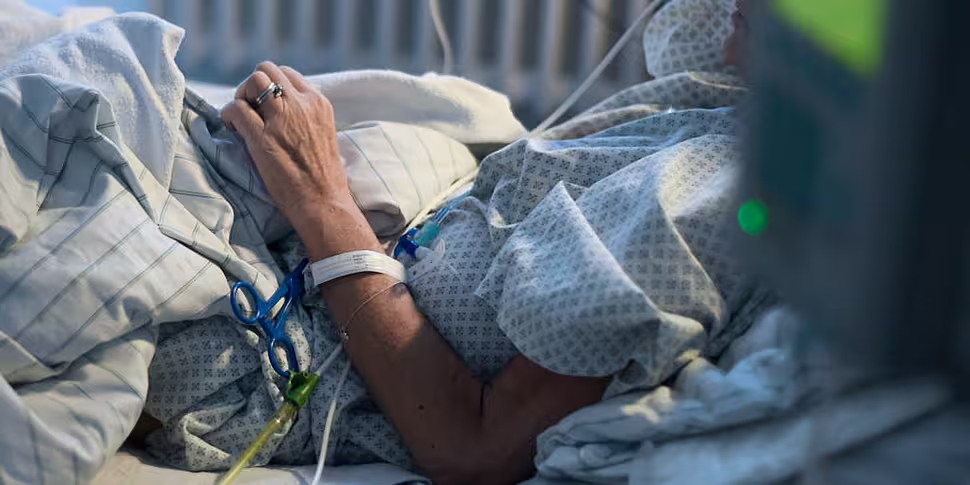A new Special Oireachtas Committee may be set up to examine the issue of assisted suicide.
It comes after the Justice Committee decided the proposed Dying with Dignity Bill is not workable in its current form.
The bill would have allowed terminally ill people the right to medical assistance to end their life.
But chair of the Justice Committee, James Lawless, says it is the technical nature of the bill that was flawed, rather than the issue itself.
"The bill itself wasn't for for purpose to progress, unfortunately as a piece of legislation it didn't stack up.
"It wasn't robust enough, there were a number of drafting errors, there were a number of technical legal errors.
"[These] would not only make it subject to challenge in the courts, but also made it legally inconsistent.
"It just wasn't any state where it could become law - we considered could we amend it.
"You would would really have to start from scratch again, gut the bill and start again.
"By way of comparison, the New Zealand legislator passed a similar piece of legislation which ran to something like 240 pages - this particular bill was four or five pages long.
"So we said 'Look, it's a very important issue, very glad we had the debate, very glad we had the opportunity to look at it' but this needs to be done properly".
Sponsor of the bill, People Before Profit TD Gino Kenny, says he will begin to re-draft the legislation.
"I'm under no illusion that there's a lot of work to be done but it can be overcome.
"And all the issues which the OPLA [Office of Parliamentary Legal Advisers] have stated, they can be overcome".
If accepted a new committee could take another year to report - with Deputy Kenny saying he is still hopeful of passing a new bill in the lifetime of this Government.
The bill was a sensitive one which had support from campaigners like Vicky Phelan, Gail O'Rourke and Tom Curran - the partner of the late Marie Fleming.
While speaking last month on Newstalk, campaigner Michael Nugent said assisted dying is already taking place in Ireland, even though the legislation is not there.
He said: "It's like the abortion issue - it's already happening, it's not a case of legislating to enable something to happen.
"It's legislation to regulate something that's already happening.
"Every year many good, law-abiding people face an ethical dilemma between lawful suffering and unlawful compassion.
"They face it at a time when they're at their most vulnerable and they need the most support.
"And unfortunately, what happens in reality, is they have to act in accordance with their own conscience."
Additional reporting: Jack Quann









